Five things you should know about sustainable travel
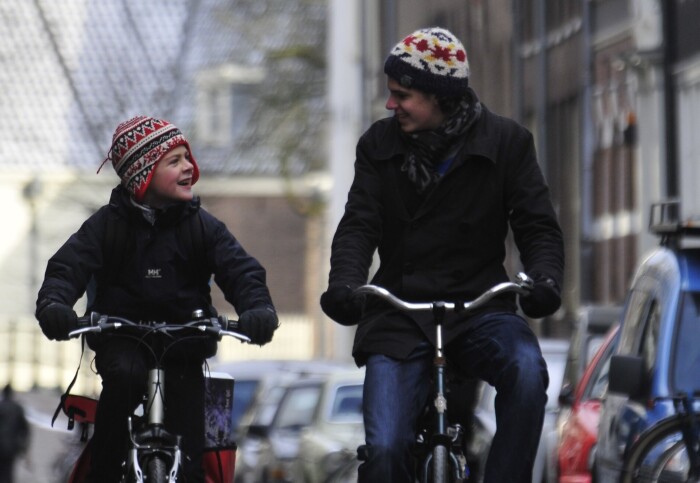
In the run-up to Imperial’s new travel policy, we asked a panel of experts about how we can accelerate the transition to sustainable travel.
The panel organised by Imperial’s Grantham Institute – Climate Change and the Environment was:
- Harriet Wallace, Director of Sustainability Strategy, Imperial College London
- Dr Audrey de Nazelle, Senior Lecturer in Air Pollution Management, Imperial College London
- Eoin Devane, Senior Analyst, The Climate Change Committee
Here are five critical lessons we learnt from them:
1) Transport is the biggest emitter of greenhouse gases in the UK
The transport sector, which includes motorised transport on land, sea, and air, is responsible for nearly a quarter of all carbon pollution, which causes global warming and harms human health. In the UK, it is the largest source of this pollution. Meeting net zero targets to avoid the worst effects of climate change requires these emissions to fall drastically, despite the demand for transport growing at a faster rate than any other sector.
Although emissions per mile have been reduced due to increased vehicle efficiency, the total miles travelled have increased in line with economic and population growth. Therefore, improvements in efficiency have been offset by rising demand for international travel, deliveries, and heavier vehicles.
The UK was already falling behind on its commitments before delays to its net zero targets were announced. So, it is vital that policies encourage shifting to less carbon-intensive travel options such as walking, cycling and public transport, as well as more efficient technologies.
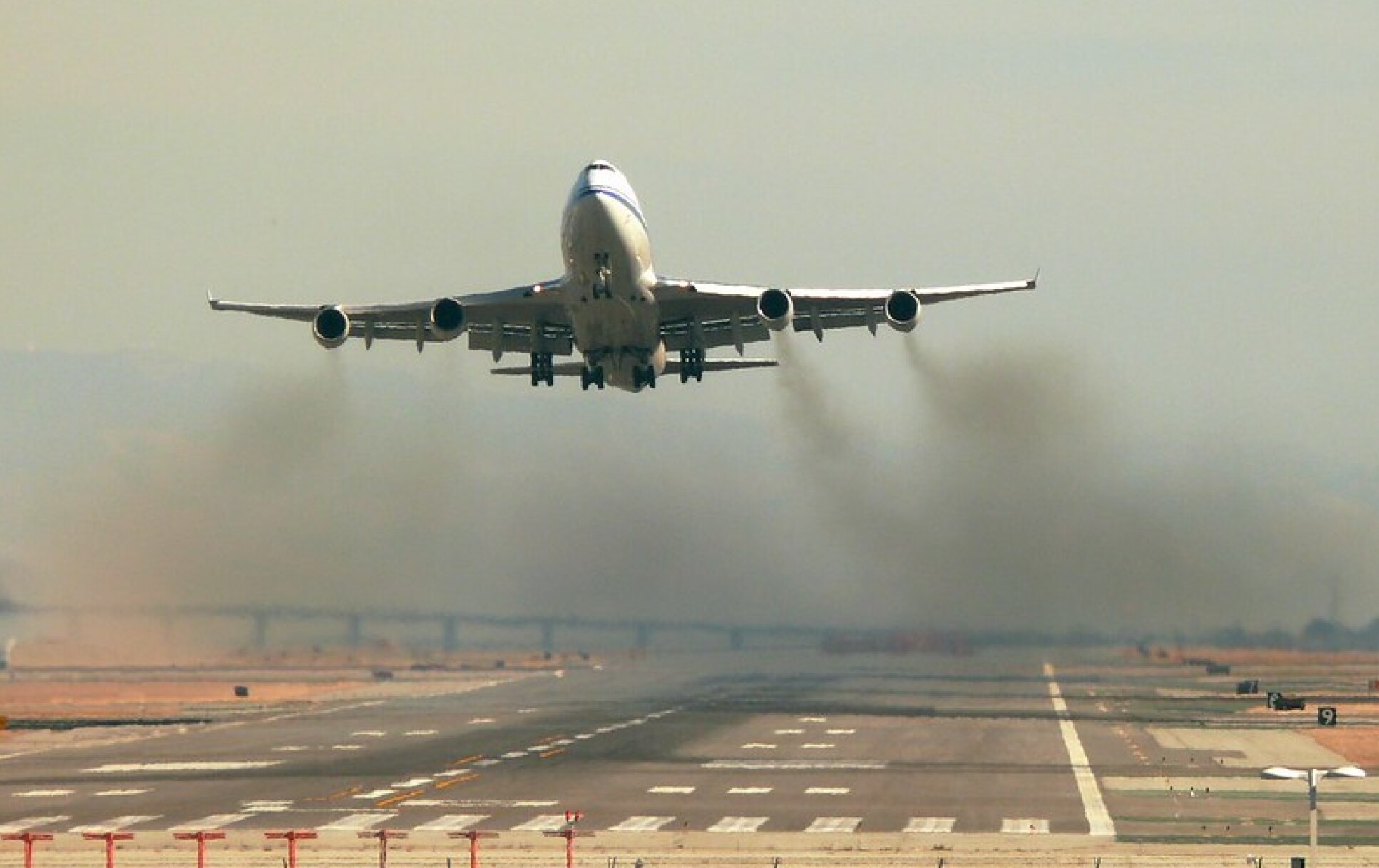
2) Technology alone won't save us
The UK government is counting on a technology-led path to net zero. An overreliance on technology, however, forces us to overlook other options, such as behavioural change. In fact, pervasive problems like climate change necessitate multiple solutions in concert – we cannot have just one.
The government’s approach leaves our future in a vulnerable position, hinging on new technologies to be continually invented, rapidly deployed, widely adopted, and affordably priced amidst the unpredictable whims of geopolitical and market conditions.
There can be unintended consequences and lock-in effects as well. For instance, if we decide that electric vehicles will be our saviour, we must equally acknowledge their myriad implications, not least the human and environmental costs associated with their supply chains.
This was indeed the case not long ago when governments promoted diesel vehicles as a more efficient and cleaner alternative to petrol, ‘locking in’ many buyers who cannot afford to regularly replace or upgrade their vehicle. Yet, we now know diesel vehicles are in fact major sources of nitrogen dioxide pollution causing a host of health problems. Similarly, we need to be mindful of the potential issues that the advent of electric vehicles may bring.
We ultimately create a vested interest in becoming bound to these options if we pour most of our money and efforts into reshaping our communities around technology-oriented infrastructure – such as electric vehicle charging. There is a hefty opportunity cost of missing out on something that could much more radically and healthily transform our cities.
So, while technology is an essential element of our journey towards sustainable travel, building an overdependency on it brings risks. A holistic approach which balances technology and behavioural change will be much more beneficial as greener and more pleasant cities can be achieved a lot sooner with help from individual action and agency.
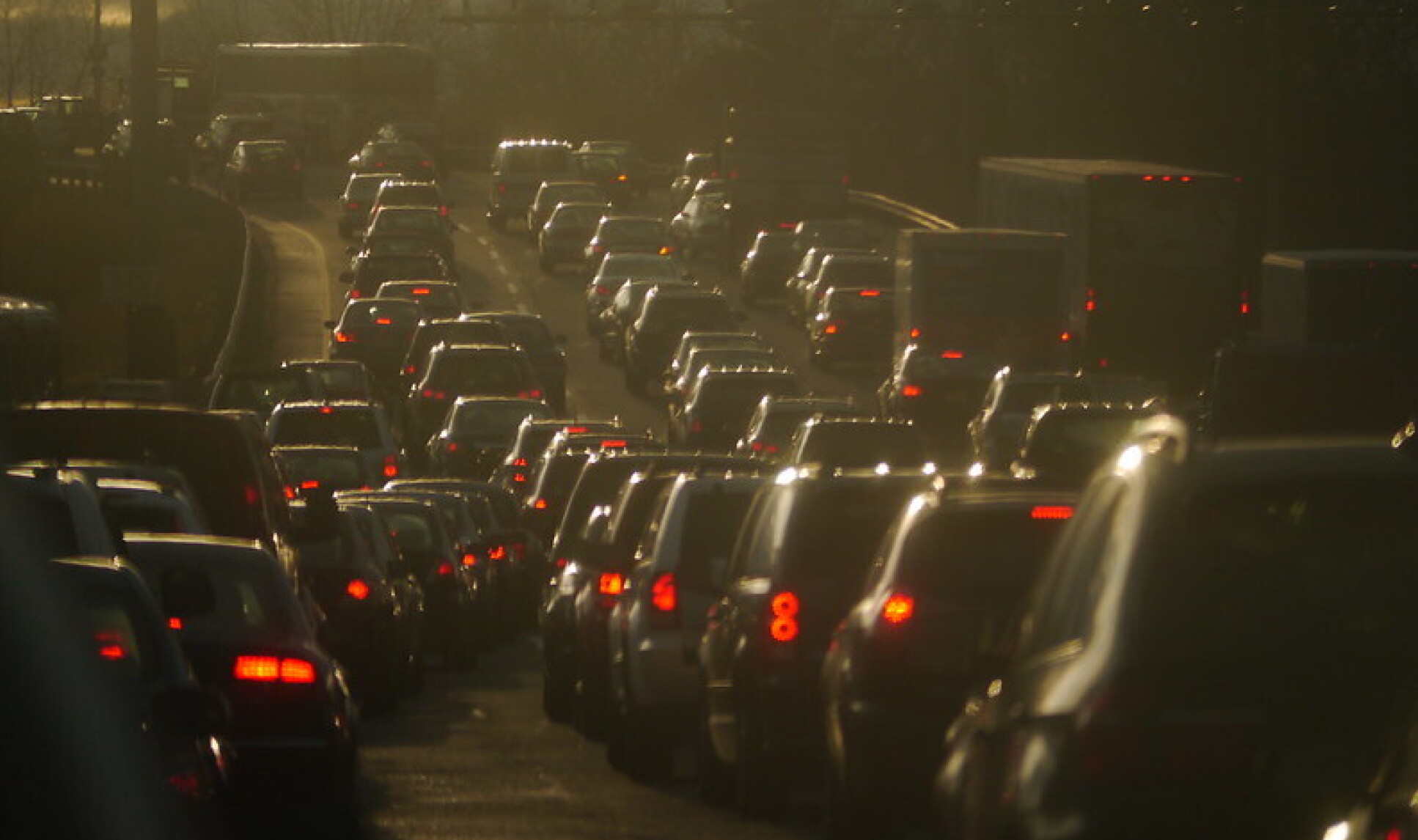
3) We can shape the transition
Transitioning to net zero necessitates radical shifts in behaviour, infrastructure, and investment, underpinned by ambitious policies, funding, and governance.
To enable behaviours like walking, cycling, and public transport use, governments need to redesign cities such that people can meet their day-to-day needs more easily. This is the thinking behind 15-minute cities - an urban planning concept which argues that we should have access to most daily essentials and services within a short walk or bike ride from any point in the city.
This model has already been successfully trialled and adopted across several cities, including Paris, Barcelona, and Buenos Aires. In London, there is huge potential for basic infrastructure like bike lanes to make a difference as two-thirds of the city’s car rides are used to cover distances under five kilometres.
It may feel like the power to bring about such system-wide changes lies within the realm of government. However, emissions are a combination of both the carbon intensity of the mode of transport used and the demand for travel. While governments are responsible for deploying infrastructure and boosting technology, we as individuals have the power to generate and drive demand for them.
Despite a sharp decline across the transport sector during the pandemic, overall demand and emissions have largely bounced back to pre-Covid levels. Sufficient technological breakthroughs in modes of transport like aviation are not predicted to materialise within this decade. So, opportunities to reduce emissions in the near-term mainly lie in modifying our demand and behaviour.
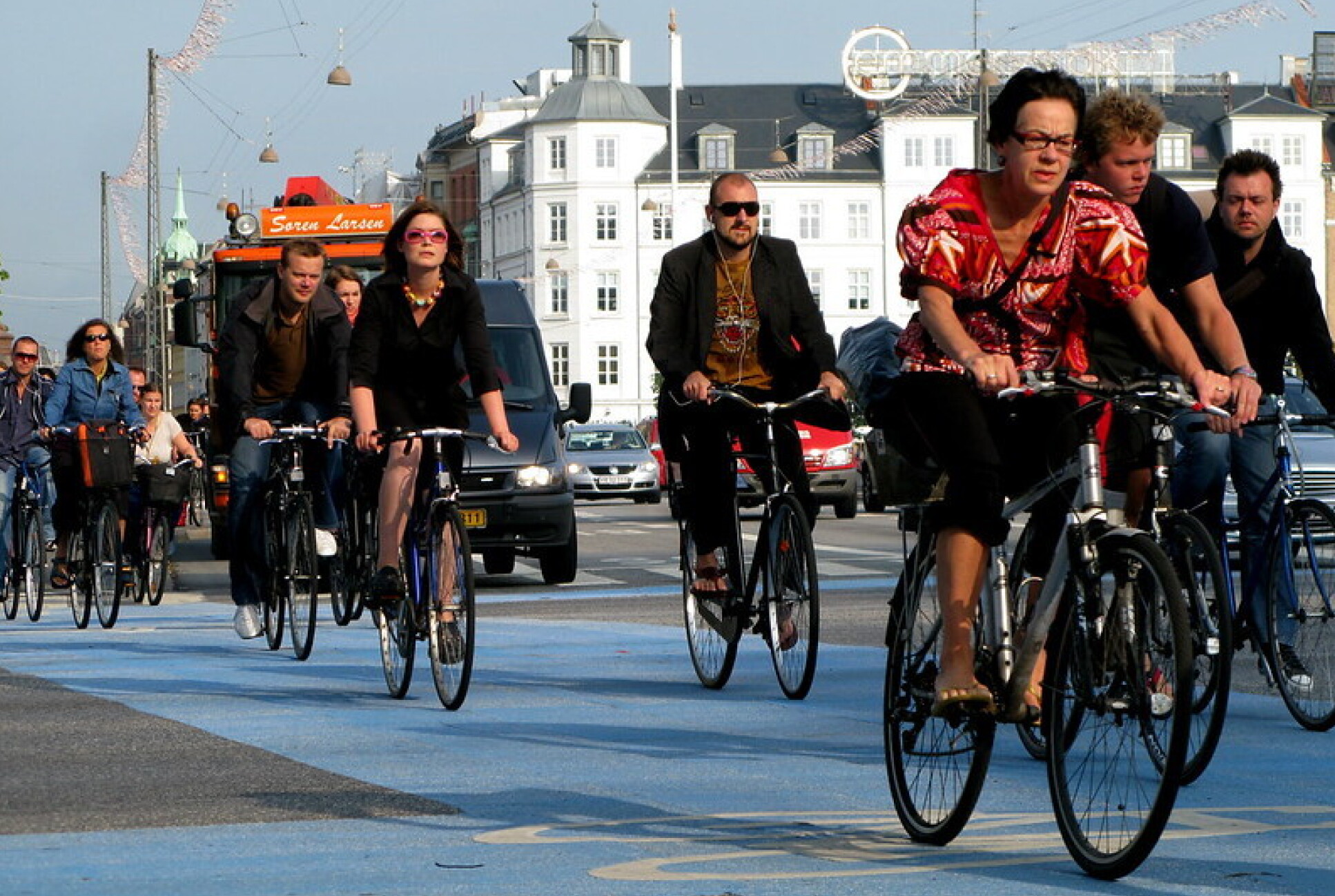
4) Transport is a killer opportunity
Transport poses a major threat to human health. It is the chief contributor to air pollution in urban areas and is responsible for 11% of all air pollution deaths. Transport also causes injuries; traffic accidents are the deadliest killer amongst young people. Then, of course, there is climate change.
Yet, transport also provides us with an immense opportunity to improve.
In the UK, one-third of adults and 80% of children are insufficiently active – a problem that must be addressed urgently. Active modes of transport like walking, cycling, and public transportation are all opportunities for people to integrate healthy lifestyles into their daily lives.
Taking a more holistic approach to health rather than focusing on one problem at a time as we typically do can yield greater benefits. Dr Audrey de Nazelle’s work asks if we are that much better off by switching every car into another car but with a different engine.
Studies like her research show that substituting half of our car journeys with active travel solutions instead of electric vehicles could produce five times the health benefits. Although both options reduce air pollution, walking and cycling include bonus benefits of better physical activity, fewer car accidents, and lower noise pollution. Streets with fewer cars could also free up obsolete parking spaces, which can then be repurposed as more green spaces, inviting a host of additional health benefits.
So, while transport is a health nightmare today, it could be a life saver tomorrow.
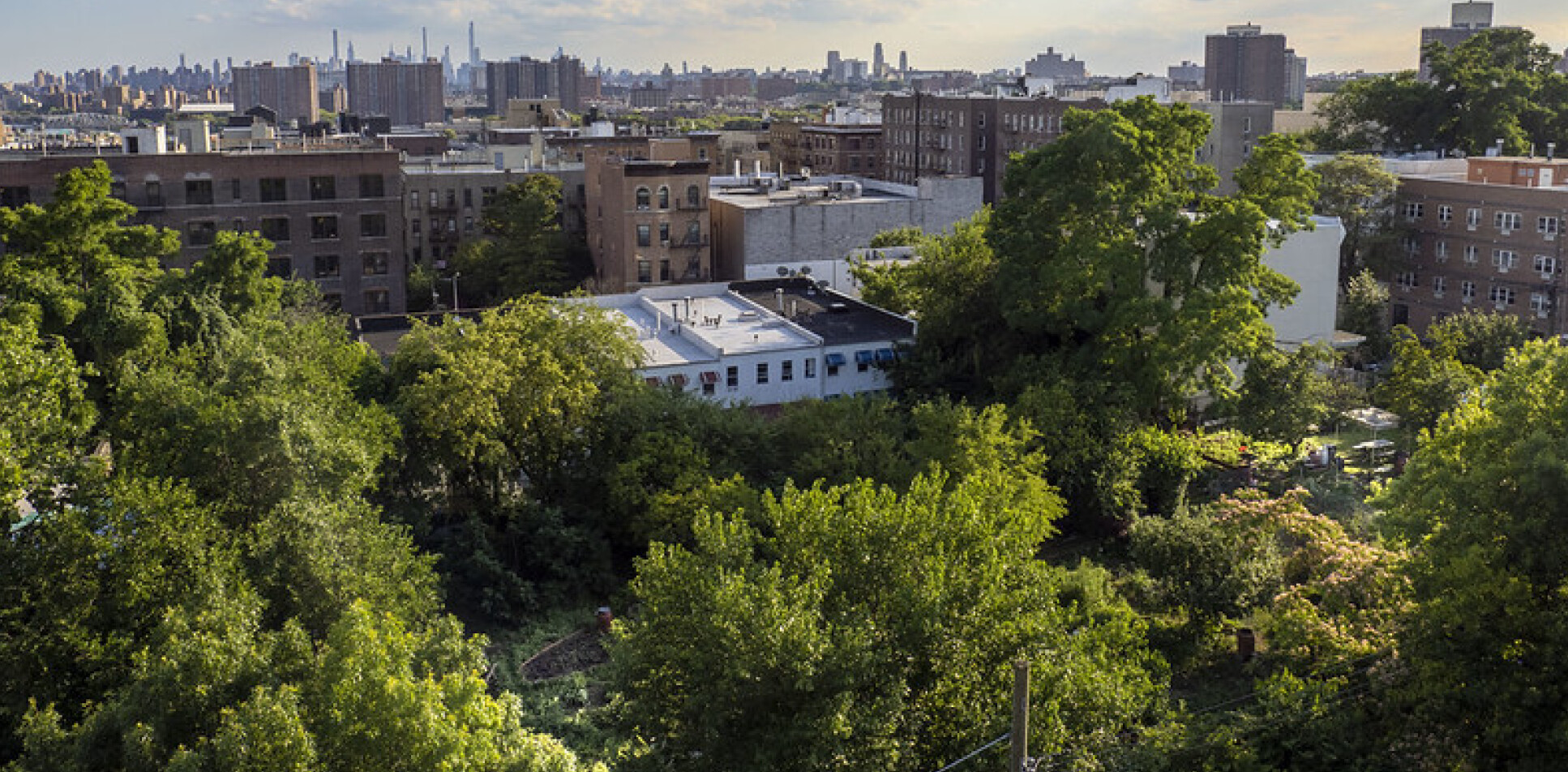
5) Universities must lead the way
The UK has continually watered down its policies on reaching net zero targets despite a majority of its population wanting to see the country tackle climate change. When governments fail to act, it is up to businesses, institutions, and local communities to step up and pave the path in empowering and enabling society to transition to a more sustainable future.
Universities have an important role to play in this – especially Imperial.
Imperial’s business travel accounts for 8% of its total emissions – almost all of this is air travel. This is significant given it is twice as large as the College’s entire electricity footprint. Imperial’s commitments to cut its travel emissions by a quarter before 2026 will therefore be a core part of its mission to go net zero by 2040.
The new sustainable travel policy recognises that travel is a necessary component of academic work. It thus encourages staff to take a more climate-conscious approach to their trips whenever feasible by prioritising video conferencing, making fewer but more worthwhile trips, and opting for rail as the default mode of travel for journeys under five hours.
Travel class also matters; a typical Business class ticket for a London-New York flight can be four times worse than its Economy equivalent for emissions. So existing rules specifying Economy as the default option for flying are being reaffirmed.
Rail travel is a great alternative with a much lower carbon footprint, a good wide range of destinations accessible in under five hours, and less time wasted on travelling to, and arriving early at, remote airports.
The new policy is in line with sector-wide practice, as most of the Russell Group universities already have a travel policy in place. It also reflects the views of Imperial staff and students. Both groups showed they are willing to adopt a more climate-conscious stance on travel in a recent survey. Almost all respondents wanted Imperial to be more sustainable as well.
As a university that is constantly lending its voice to advocate for climate action, it is crucial that Imperial reflects the values and work of its community by taking the side of their research findings and listening to their needs.
The only way society can decarbonise is by everybody doing the best they can do, and Imperial’s new approach recognises this by launching several other initiatives alongside the sustainable travel policy to tackle all emissions throughout the College’s spectrum of footprints.
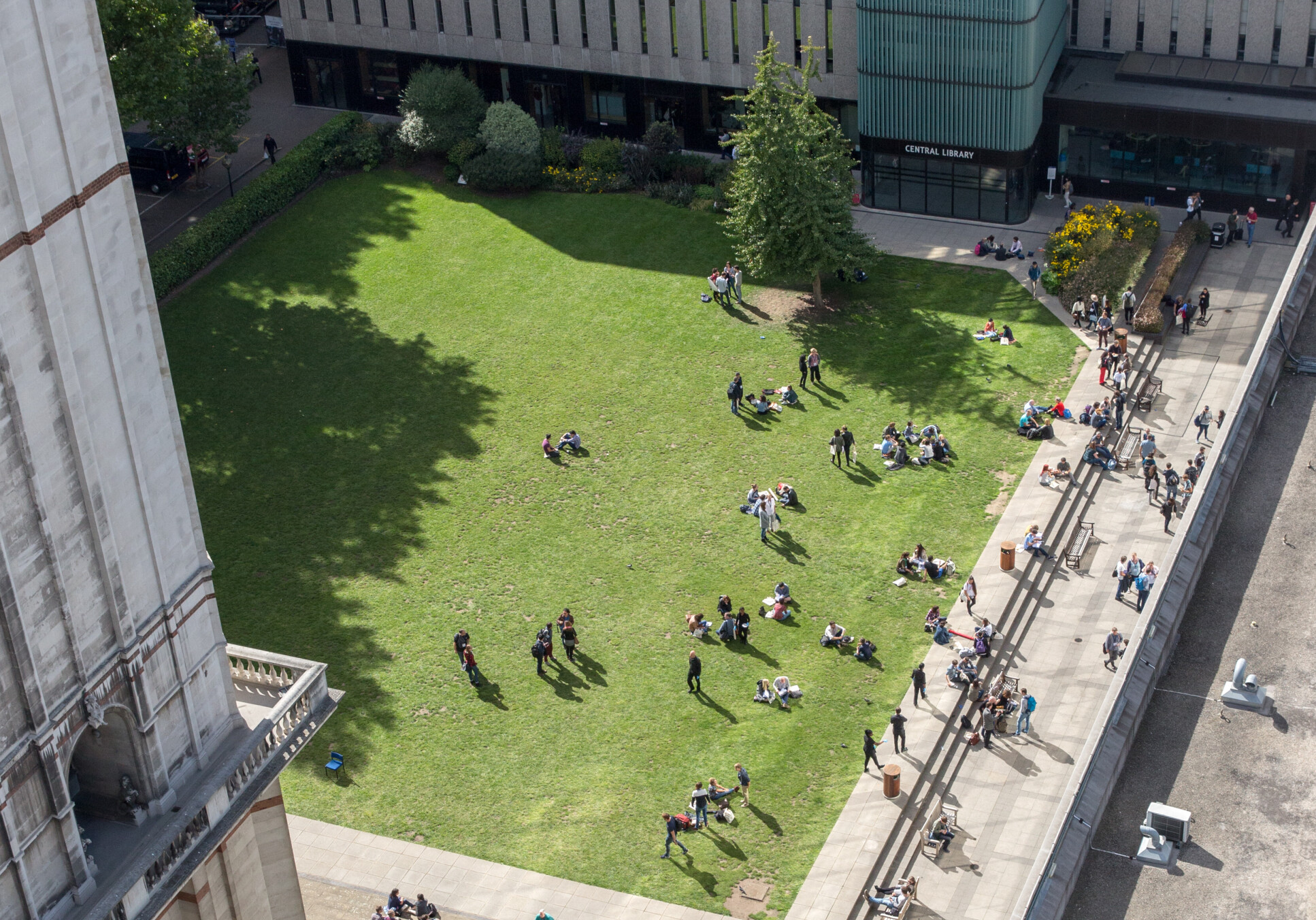
Article text (excluding photos or graphics) © Imperial College London.
Photos and graphics subject to third party copyright used with permission or © Imperial College London.
Reporter
Sachin Sreejith
Communications Division